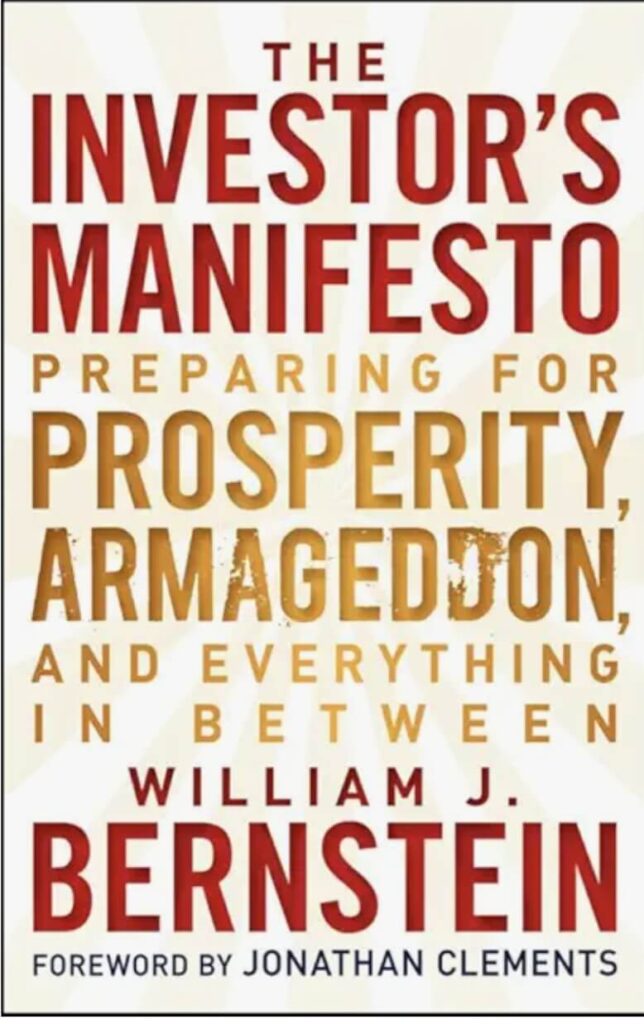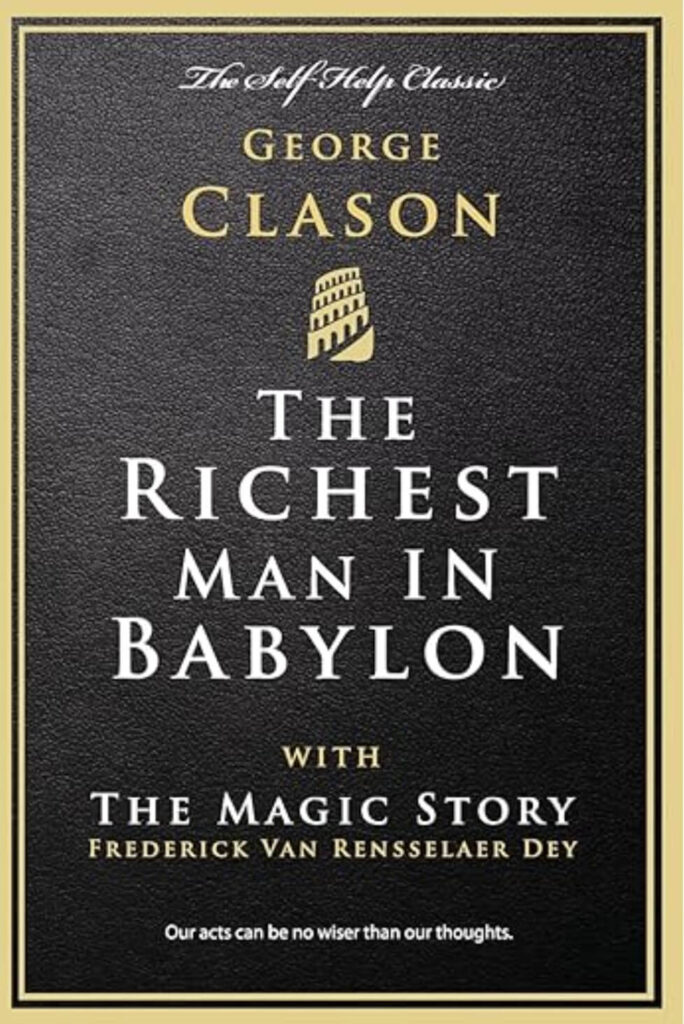When people hear the word “finance,” many picture Wall Street greed, corporate bailouts, or opaque jargon designed to benefit the few at the expense of the many. But Robert J. Shiller — Nobel Prize-winning economist and master of behavioral finance — offers a very different view in his 2012 book Finance and the Good Society.
Rather than demonize the financial sector, Shiller asks a compelling question: What if finance is not the enemy, but one of the most powerful tools we have to create a fairer, more prosperous world?
💡 Why This Book Matters in a Cynical Age
In a post-crisis era where finance is often viewed with suspicion, Shiller’s book is a bold reminder that the financial system, when properly designed and ethically guided, is crucial to the functioning of a good society. Rather than calling for its destruction, he argues for its reform — not just to make it more stable, but more inclusive and humane.
His thesis is both refreshing and challenging: we need more financial innovation, not less — but we need it directed toward social betterment, not personal enrichment.
🏛️ Finance as a Pillar of Civilization
Shiller begins by reframing the way we think about finance. In his view, finance is not just about investment banks or hedge funds. It’s a set of tools — like insurance, loans, stocks, and pensions — that help people manage risk, achieve goals, and plan for the future.
Consider these examples:
⦁ A small business loan helps an entrepreneur turn a dream into reality.
⦁ Insurance protects a family from financial disaster.
⦁ A pension fund ensures that aging workers can retire with dignity.
These are not just financial instruments — they’re mechanisms of hope, planning, and security. Shiller wants us to see finance as a civic infrastructure, just like roads or schools.
🔍 Breaking Down the Book’s Structure
The book is structured around a wide-ranging exploration of the roles that finance plays in society. Rather than a dry policy critique, Shiller organizes the book around different financial roles — from CEOs to investment bankers, lawyers to regulators, and even everyday investors. Each chapter explores how these roles contribute (or fail to contribute) to societal good.
Shiller doesn’t romanticize these professions. Instead, he acknowledges their flaws while emphasizing their potential. For instance:
⦁ Investment bankers can either channel capital toward productive enterprises or toward speculation.
⦁ Lawyers can ensure accountability in markets or help corporations evade responsibility.
⦁ Regulators can create a safer system or fall prey to lobbying and inertia.
The message is clear: the roles themselves are not inherently good or bad — it’s how they’re performed and guided that matters.
📈 Financial Innovation: A Force for Good?
One of Shiller’s most controversial points is his defense of financial innovation. After the 2008 crisis, many blamed exotic financial instruments like mortgage-backed securities and credit default swaps. But Shiller argues that the problem isn’t innovation itself — it’s poor regulation, misaligned incentives, and a lack of transparency.
He suggests we shouldn’t shy away from creating new financial tools. In fact, we should be innovating more — but with an explicit focus on solving social problems like income inequality, retirement insecurity, or disaster resilience.
Imagine if financial tools were used to:
⦁ Fund low-income housing projects efficiently
⦁ Create better risk-sharing mechanisms for climate disasters
⦁ Improve access to education through smarter financing models
Finance, in this view, becomes a form of applied problem-solving — a way to build a better world.
🧠 Behavioral Insights and Human Nature
As with his other works, Shiller leans heavily on behavioral economics to explain how finance often falls short of its ideal. He explores how human biases — overconfidence, short-termism, herd behavior — can distort even well-designed systems.
But rather than use this as a reason for cynicism, he offers it as a rationale for smarter design. Just as architects build bridges that account for wind and stress, financial engineers should build systems that account for human psychology.
His point is subtle but powerful: human imperfection is not a bug in the system — it’s a feature to be managed with care and foresight.
📚 Who Should Read This Book?
⦁ Aspiring Professionals in Finance
Shiller calls on the next generation of financial professionals to see their work as a public service. Whether you’re an accountant or a hedge fund analyst, your work can either reinforce or repair social structures.
⦁ Policy Makers and Regulators
Rather than cracking down on finance in a punitive way, Shiller urges a more nuanced approach: steer financial innovation in productive directions, use regulation to shape behavior, and stay focused on the broader social good.
⦁ Everyday Citizens and Investors
Shiller believes that financial literacy is essential to democracy. Understanding how finance works isn’t just for experts — it’s for anyone who wants to navigate life’s uncertainties wisely and with dignity.
⚠️ Where It Might Be Challenging
⦁ Idealistic in Tone
Some readers may find Shiller’s optimism hard to swallow, especially after witnessing the darker sides of finance in recent decades. His trust in the reformability of financial institutions may seem naive to skeptics.
⦁ Light on Specific Policy Prescriptions
While the book is rich in vision and values, it’s lighter on detailed, actionable reforms. It’s more of a call to arms than a legislative blueprint.
✅ Why It’s Worth Reading Anyway
What makes Finance and the Good Society so compelling is its moral ambition. Shiller doesn’t just ask how finance can make people rich — he asks how it can make people’s lives better. It’s a rare blend of economic thinking, ethical reflection, and civic optimism.
In a time when financial distrust runs high, this book offers a different kind of conversation — one where we see finance not as an obstacle to justice, but as a partner in achieving it.
📈 Final Verdict: ★★★★☆ (4.5/5)
Finance and the Good Society is not a how-to manual or a dry economics treatise. It’s a thoughtful, hopeful, and often moving argument for seeing finance through a moral lens. It challenges readers to think differently — not just about money, but about the society we want to build.
Whether you’re entering the world of finance, shaping public policy, or just trying to make sense of money’s role in your life, this book is an invaluable guide. It reminds us that finance, at its best, is not about greed — it’s about building a future that works for everyone.




